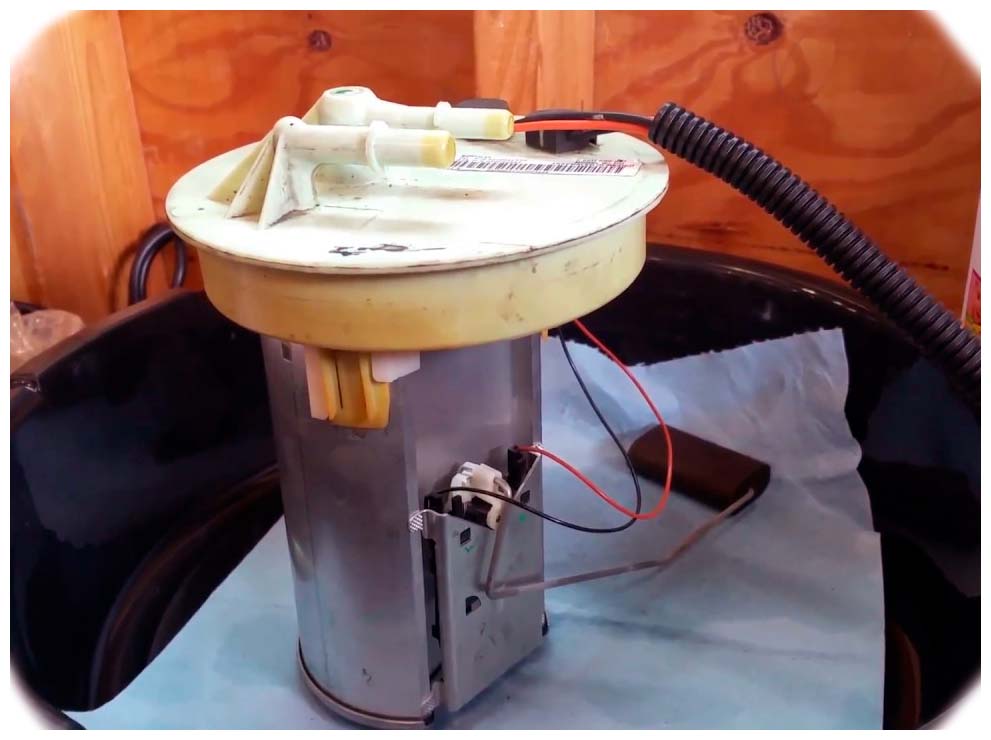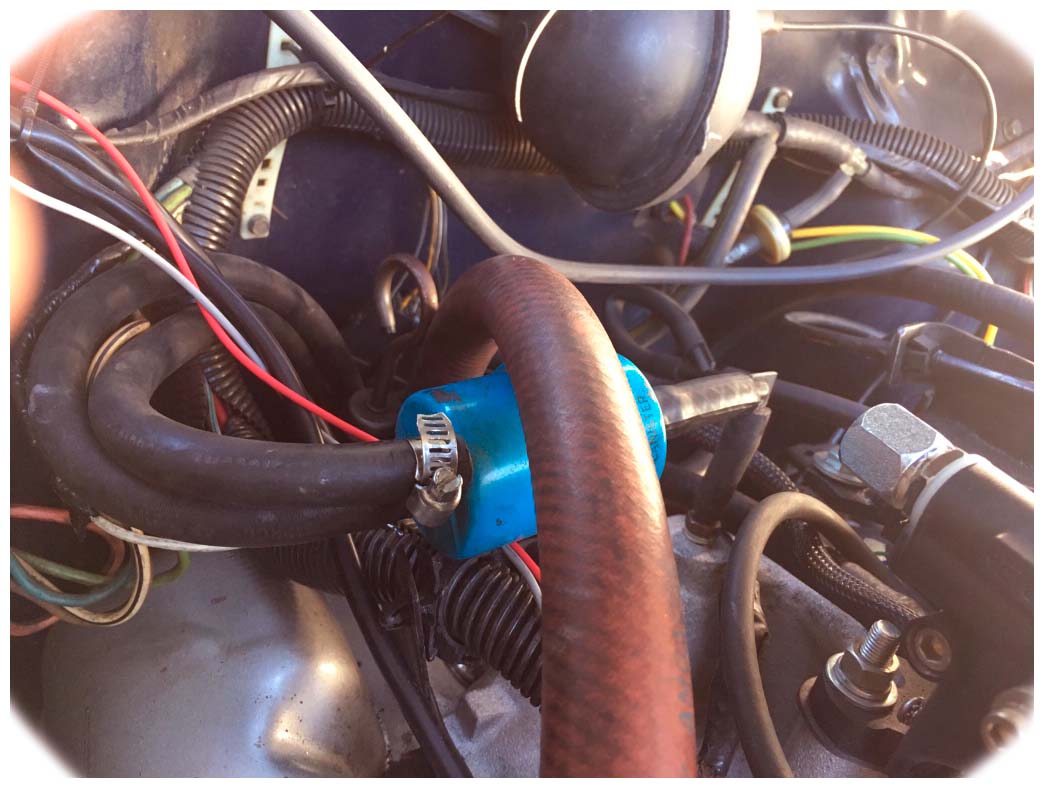If you’re having trouble getting gas into your Jeep, it can be a frustrating experience. Fortunately, some simple troubleshooting techniques can help diagnose the issue and get you back on the road in no time. In this guide, we’ll walk you through some of the common causes of why a Jeep won’t take gas and how to identify them. We’ll also provide some solutions for fixing the problem when your Jeep won’t take gas.
Common Causes of a Jeep Not Taking Gas
There are several potential causes for why your Jeep won’t take gas but some of the most common ones include a faulty fuel pump, clogged fuel lines, or a blocked fuel tank vent tube.
-
Faulty Fuel Pump: The first place to check if your car won’t take gas is the fuel pump. A faulty or damaged fuel pump will prevent gasoline from flowing freely into your engine and can cause the vehicle to not start or run properly. This can be easily identified by listening to loud noises coming from under your hood when trying to start it up or by checking if there is a spark in any part of the engine while cranking it up. If neither is present, then the fuel pump could be at fault.
-
Clogged Fuel Lines: Fuel lines that are clogged or blocked can also cause your Jeep to not take gas. This is because the blockage prevents fuel from reaching the engine, resulting in reduced performance and a lack of power. To check for this, you will need to remove any dirt or debris from the fuel lines and inspect them for any obstructions. If none are found, then you may need to replace them.
-
Blocked Fuel Tank Vent Tube: The last common cause of why your Jeep won’t take gas is a blocked fuel tank vent tube. This part of the vehicle is responsible for allowing air into the fuel tank so that gasoline can flow freely into it. If it’s blocked or damaged, then this could be preventing gasoline from entering your engine properly which would explain why you’re having trouble getting gas in it.
How to Diagnose the Problem with Your Jeep Not Taking Gas
To diagnose what could be causing your car not to take gas, first, you should check whether there are any visible signs of damage on any of the components mentioned above such as a cracked or broken fuel pump or clogged filter system on the fuel lines. It’s also a good idea to check if there is a spark when cranking up the engine and/or listen for any loud noises coming from under your hood. If nothing appears to be damaged or broken, then you may need to consult a mechanic for further examination.
Solutions for Fixing the Problem When Your Jeep Won’t Take Gas
Once you have identified what is causing your car not taking gas, the next step is to act and try and fix the problem. Here are some potential solutions that may help:
-
Replacing the Fuel Pump: If it turns out that your fuel pump is faulty or broken, then you will need to replace it to get your Jeep running again. This can be done by either taking it into a shop or ordering one online and replacing it yourself.
-
Cleaning Clogged Fuel Lines: Clogged fuel lines can easily be fixed by using some simple cleaning products or compressed air if needed to clear out any blockages that might be preventing gasoline from flowing freely into your engine.
-
Cleaning or Replacing Blocked Fuel Tank Vent Tubes: The last solution for fixing a blocked fuel tank vent tube is to either clean or replace it. A blocked vent tube can be easily identified by the lack of air coming out when the fuel tank is opened. To clean it, you can use a simple pipe cleaner or compressed air to unclog any obstructions and restore proper airflow into the fuel tank. If nothing works, then you may need to order a replacement part from your local auto parts store and install it yourself.
Conclusion
When your Jeep won’t take gas, it can be a frustrating experience. However, by following the steps outlined in this guide, you should be able to identify the problem and find a solution for fixing it quickly and easily. After you have fixed the issue with your car not taking gas, you should also double-check to make sure it doesn’t happen again in the future by inspecting all its components regularly and doing regular preventive maintenance.

 Faulty Fuel Pump: The first place to check if your car won’t take gas is the fuel pump. A faulty or damaged fuel pump will prevent gasoline from flowing freely into your engine and can cause the vehicle to not start or run properly. This can be easily identified by listening to loud noises coming from under your hood when trying to start it up or by checking if there is a spark in any part of the engine while cranking it up. If neither is present, then the fuel pump could be at fault.
Faulty Fuel Pump: The first place to check if your car won’t take gas is the fuel pump. A faulty or damaged fuel pump will prevent gasoline from flowing freely into your engine and can cause the vehicle to not start or run properly. This can be easily identified by listening to loud noises coming from under your hood when trying to start it up or by checking if there is a spark in any part of the engine while cranking it up. If neither is present, then the fuel pump could be at fault. Cleaning or Replacing Blocked Fuel Tank Vent Tubes: The last solution for fixing a blocked fuel tank vent tube is to either clean or replace it. A blocked vent tube can be easily identified by the lack of air coming out when the fuel tank is opened. To clean it, you can use a simple pipe cleaner or compressed air to unclog any obstructions and restore proper airflow into the fuel tank. If nothing works, then you may need to order a replacement part from your local auto parts store and install it yourself.
Cleaning or Replacing Blocked Fuel Tank Vent Tubes: The last solution for fixing a blocked fuel tank vent tube is to either clean or replace it. A blocked vent tube can be easily identified by the lack of air coming out when the fuel tank is opened. To clean it, you can use a simple pipe cleaner or compressed air to unclog any obstructions and restore proper airflow into the fuel tank. If nothing works, then you may need to order a replacement part from your local auto parts store and install it yourself.
Add Comment